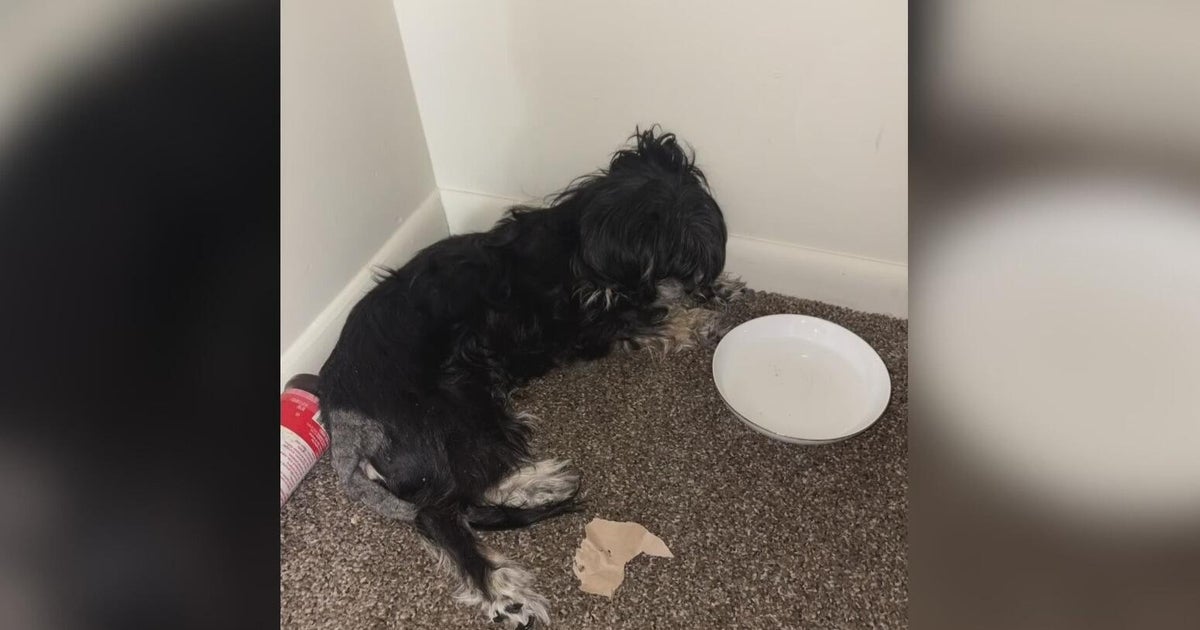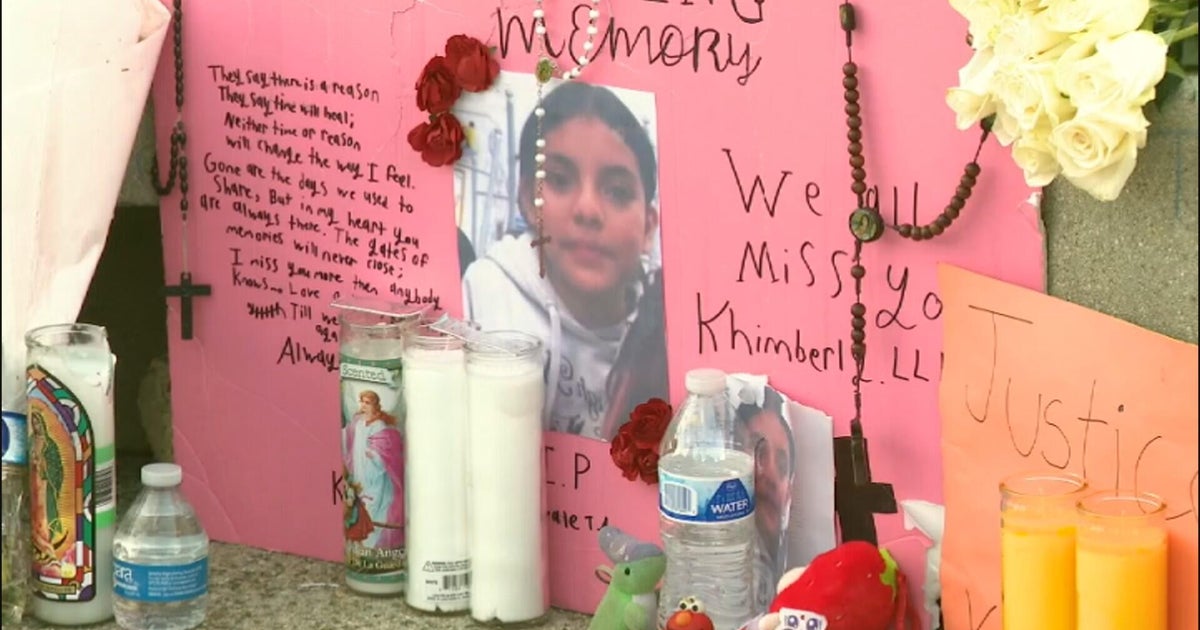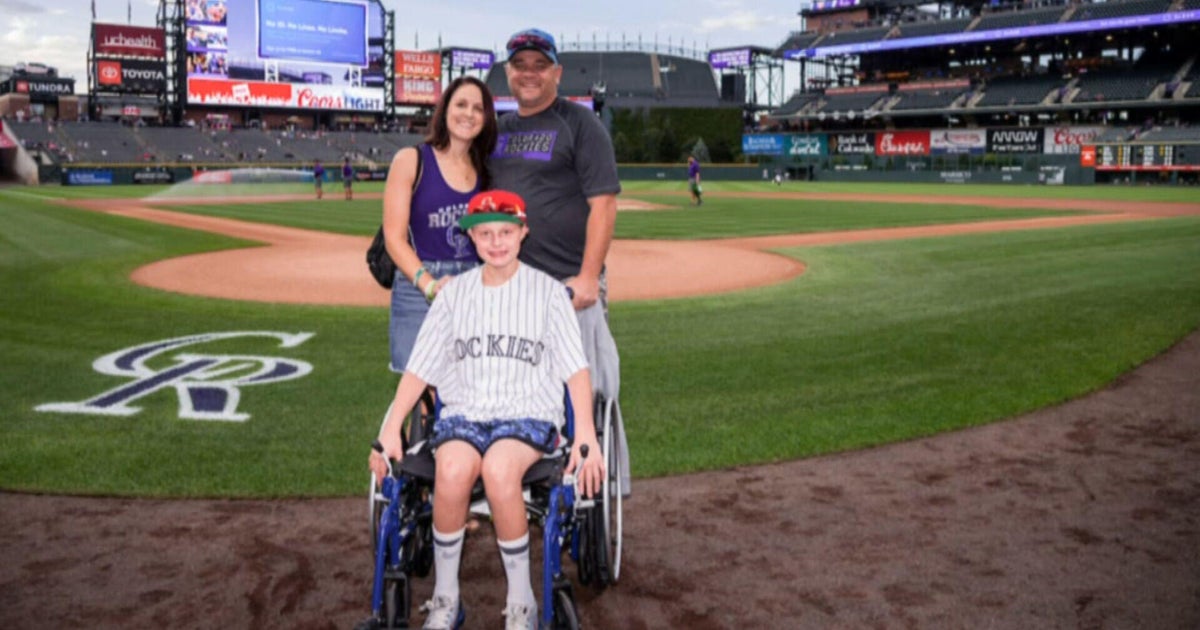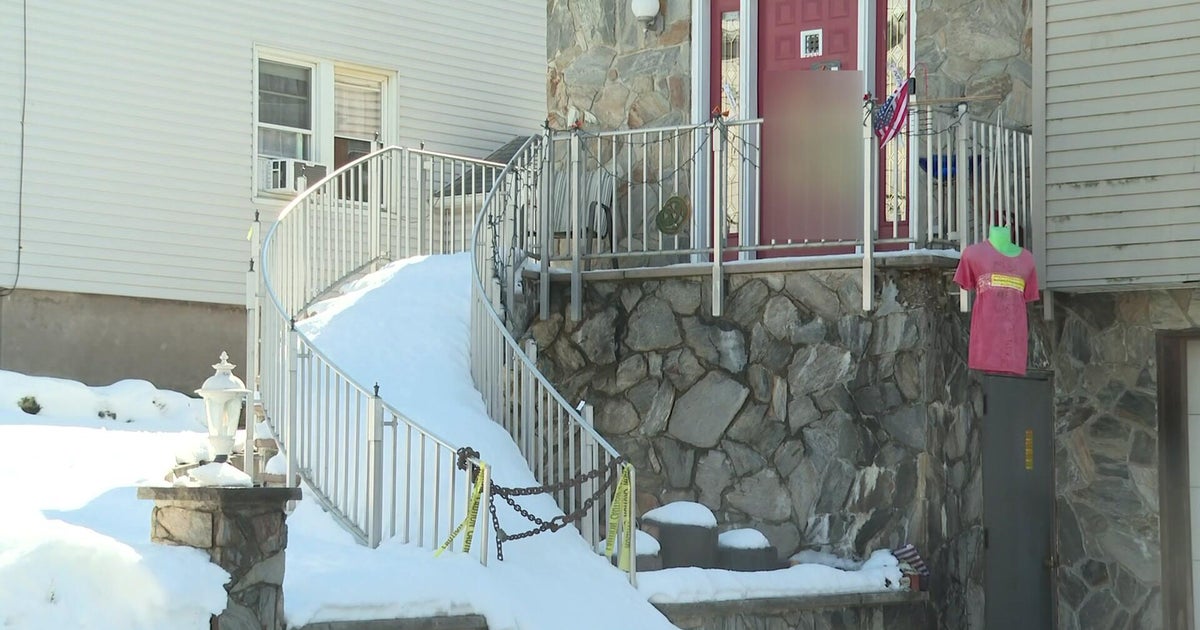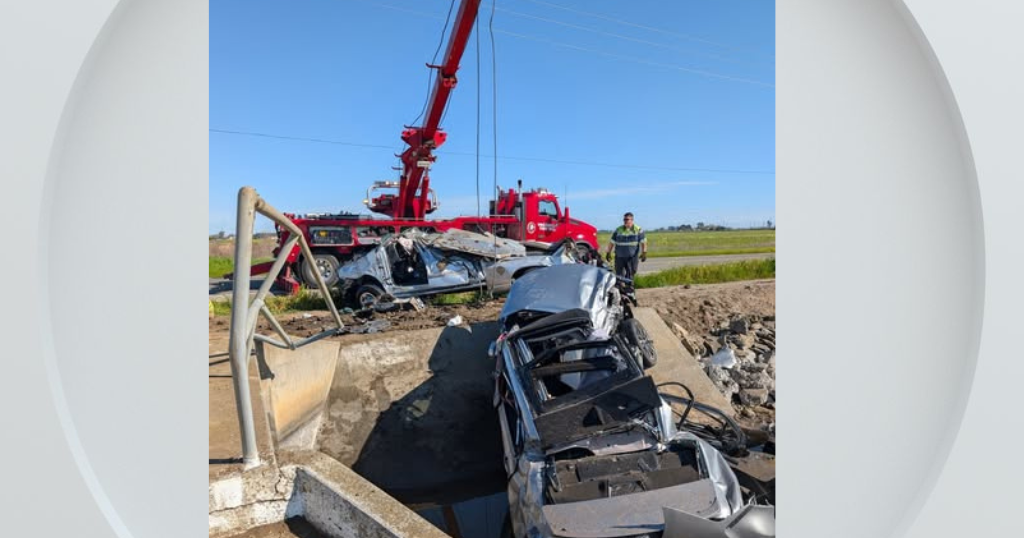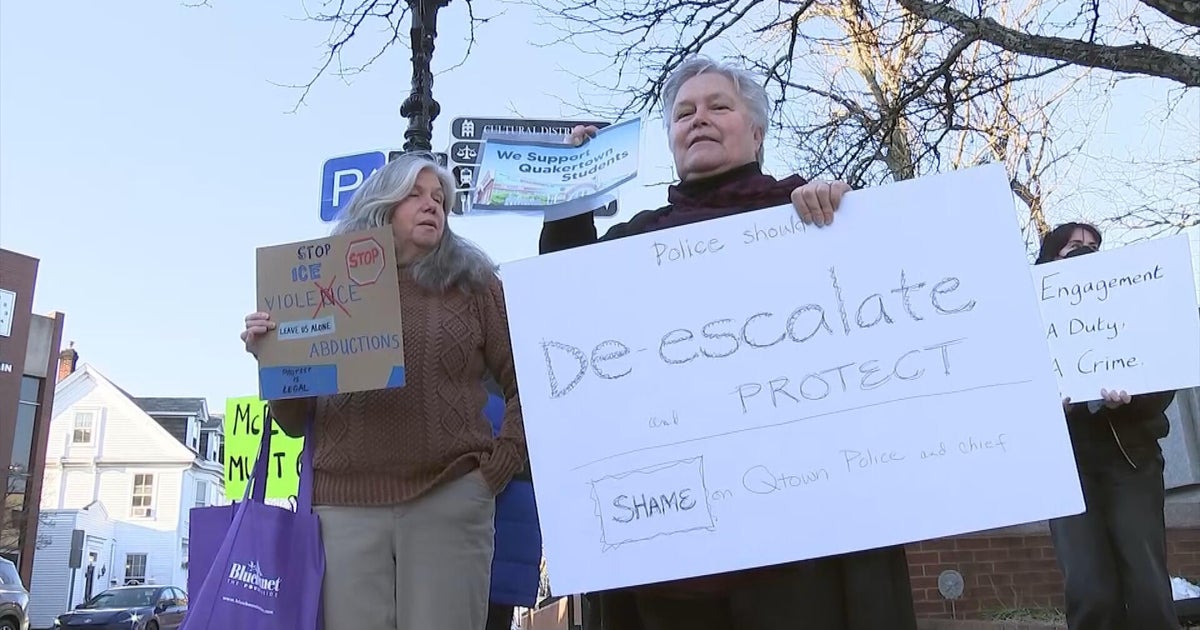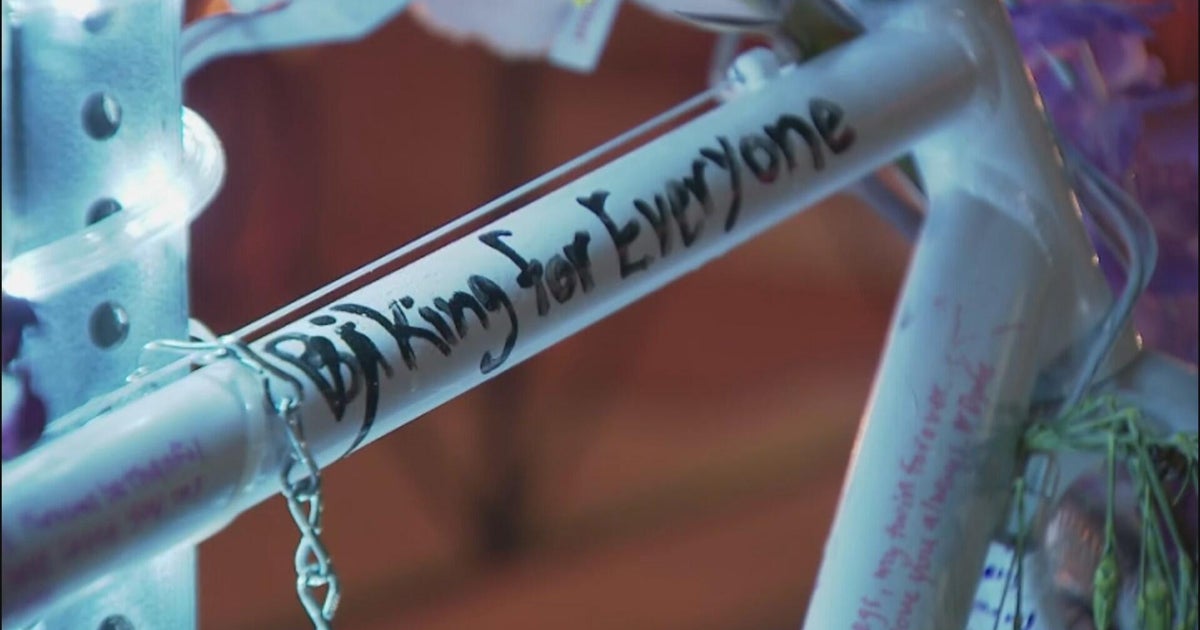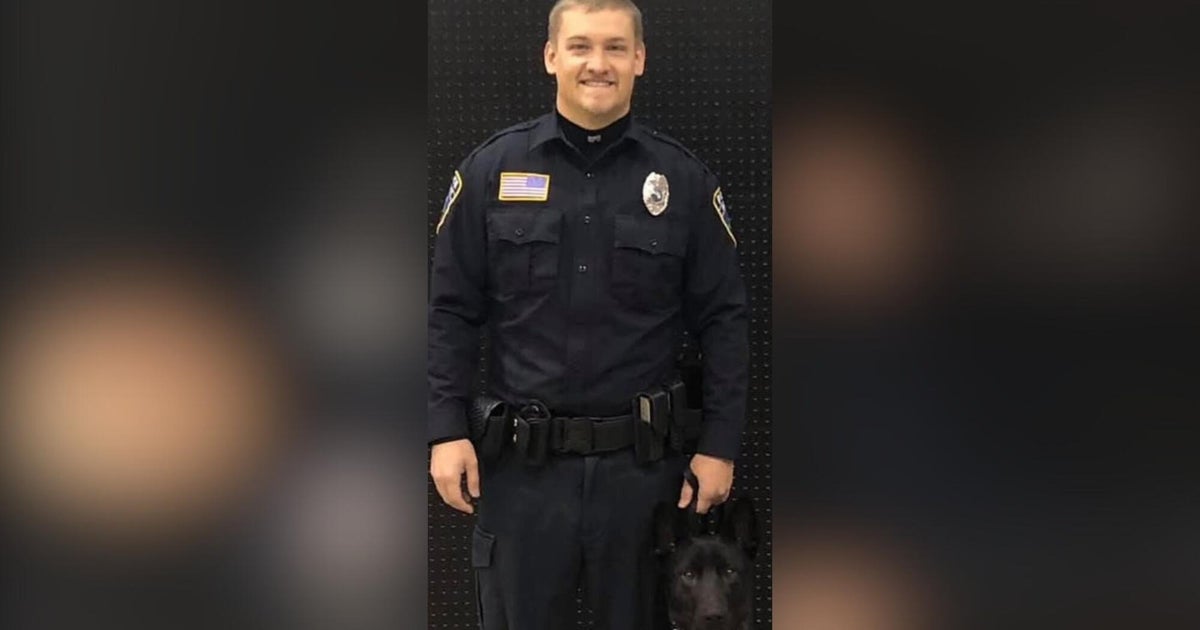Solar panel company signed dying man to 25-year loan, leaving family to settle debt
JOSHUA – In his final years, William Hampton depended on his children for nearly everything.
"He had stage four liver disease and was given less than six months to live and he was put on hospice," said Cynthia Hampton, his oldest daughter. "He couldn't stay awake. He would call me by my mom's name. He couldn't remember who I was."
Cynthia, who'd moved in next door to him in Joshua, was surprised one day to see workers installing solar panels on her father's property.
"I told them, 'No. Don't put this stuff out here. He's dying,'" she said. "The guy was like, 'Well, we have a contract. We're not stopping.'"
Hampton's children found no written copy of this contract their father apparently signed, and Cynthia said he had no memory of it.
She said Sunnova, the company selling the panels, refused to discuss the situation with the family.
"They weren't going to speak to us unless we signed the contract with him," said Cynthia. "Knowing what they had to go through just to get him to even sign the papers. That's the part that infuriates me."
When Cynthia's father died last year, she turned her attention to his finances. She finally got a copy of that contract, laying out a 25-year loan for $60,000 to finance the solar panels. And she found all the bills Sunnova had sent.
"Almost $300 a month," she said.
Despite having the panels generating electricity in the backyard, Cynthia says, no batteries were installed to store the power and provide it at night or on cloudy days.
Despite having the panels generating electricity in the backyard, Cynthia says their father's home got none of it. She says no lines were ever installed connecting the panels to Hampton's home. And during local outages, he'd be in the dark just like everyone else.
The electric company does credit the Hamptons for the energy it collects from the panels. In January of last year, for example, they got $95 off their bill, leaving them to pay the remaining $739 to power the mobile home.
The Texas Attorney General's Office has received dozens of complaints about Sunnova, including many from people who said the company targeted sick and elderly relatives.
"It was a 25-year-old contract that an 86-year-old man signed, who couldn't even sign his own name," said Terry Blythe about the loan she said her father received.
"He had been being treated for dementia," said Samantha Crowther, of her father.
"He was starting to have Alzheimer's," said Ben Figueroa of his brother, who is still paying for solar panels on a home he no longer owns.
"She could not see. She could not hear well," said Kimberly Guidry-Williams, who said her late mother signed a 25-year contract six months before her death.
"It's hard enough to lose a parent, and then to see what people have done to you and your family. It's not right," said Cynthia, who hopes sharing her family's story will prevent others from the same situation.
Sunnova uses third-party companies to sell its solar panels, but in a statement said it puts every contract through a vigorous process to verify the customer's identity and make sure the customer understands the contract terms.
"If an issue is discovered during the validation process, Sunnova will take appropriate action including in some cases, removing the dealer salesperson from our platform," reads the statement.
Sunnova also said its salespeople are not allowed to decline services to anyone based on age.
"However, our dealers are not permitted to sell to any customer who, due to language barriers, health, or other evident conditions, is unable to fully understand the terms of the contract ..." wrote a company spokesperson.
According to that spokesperson, Mr Hampton himself never reached out with concerns and his daughter didn't provide the documents the company needed to confirm she was his proper representative.
Meanwhile, the Hamptons have now spent nearly a year trying to resolve their dispute in order to sell their father's land. They have stopped all payments to Sunnova since their father's death and have asked the company to pick up their panels.
Sunnova has filed a UCC, which is similar to a lien, which the Hamptons say has complicated any sale of the property.
Correction: An earlier report noted "no lines were ever installed connecting the panels to Hampton's home." According to Sunnova, it installed lines in October 2022 that went from the solar panels to the utility meter and subsequently to the home. Due to a lack of batteries, though, power generated by the panels could not be stored for later use.
According to a spokesperson, "The solar system works in conjunction with the utility. The Hampton's home first consumes the solar energy produced by the solar system and the excess, non-consumed solar energy, is automatically sent back to the utility grid."
There's been an update to this story. Click here to see our most recent report.
The CBS News Texas I-Team has been looking into complaints from people who say they inherited large debts their loved ones unknowingly took on. Watch our first story on the issue here.

